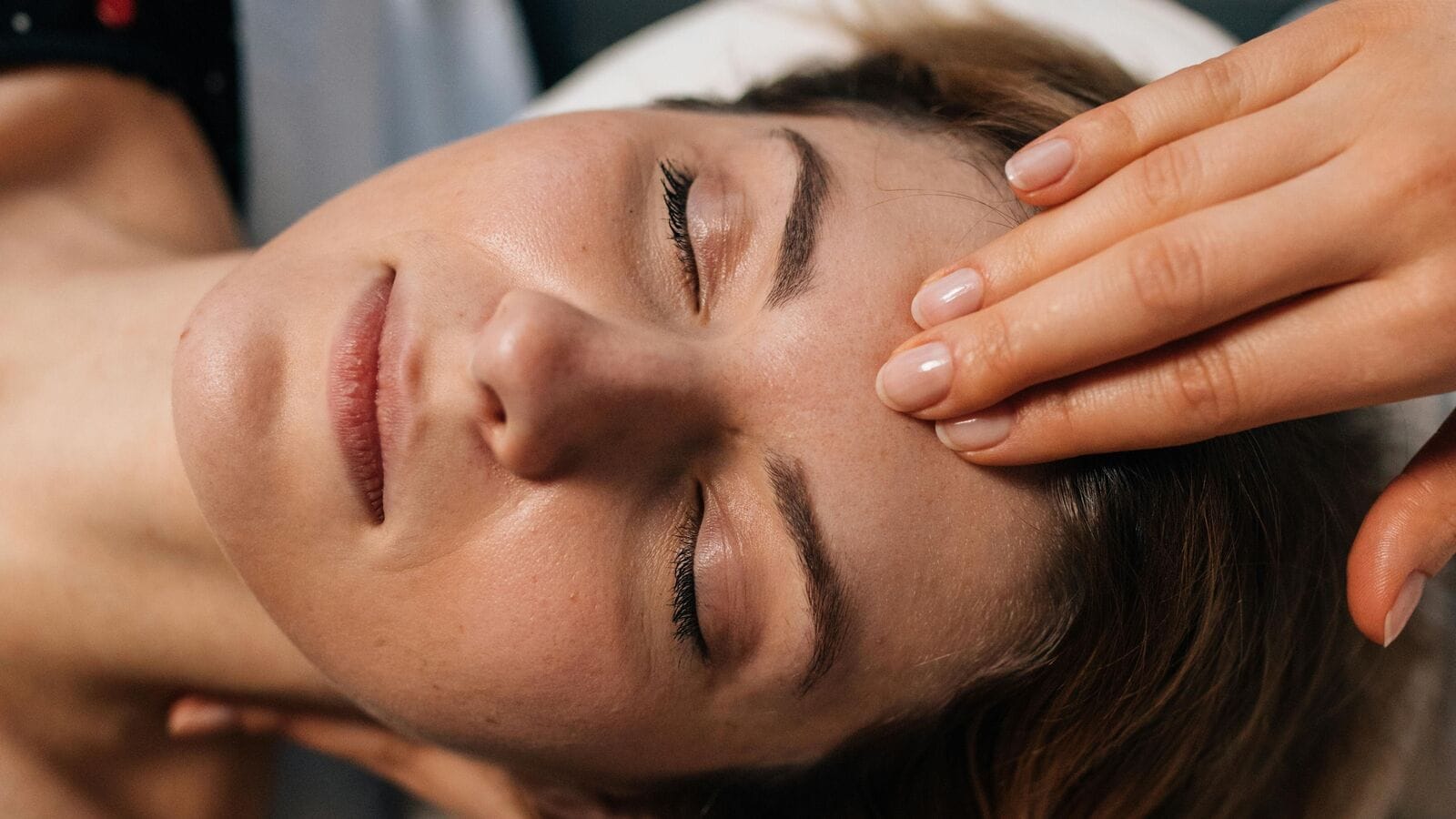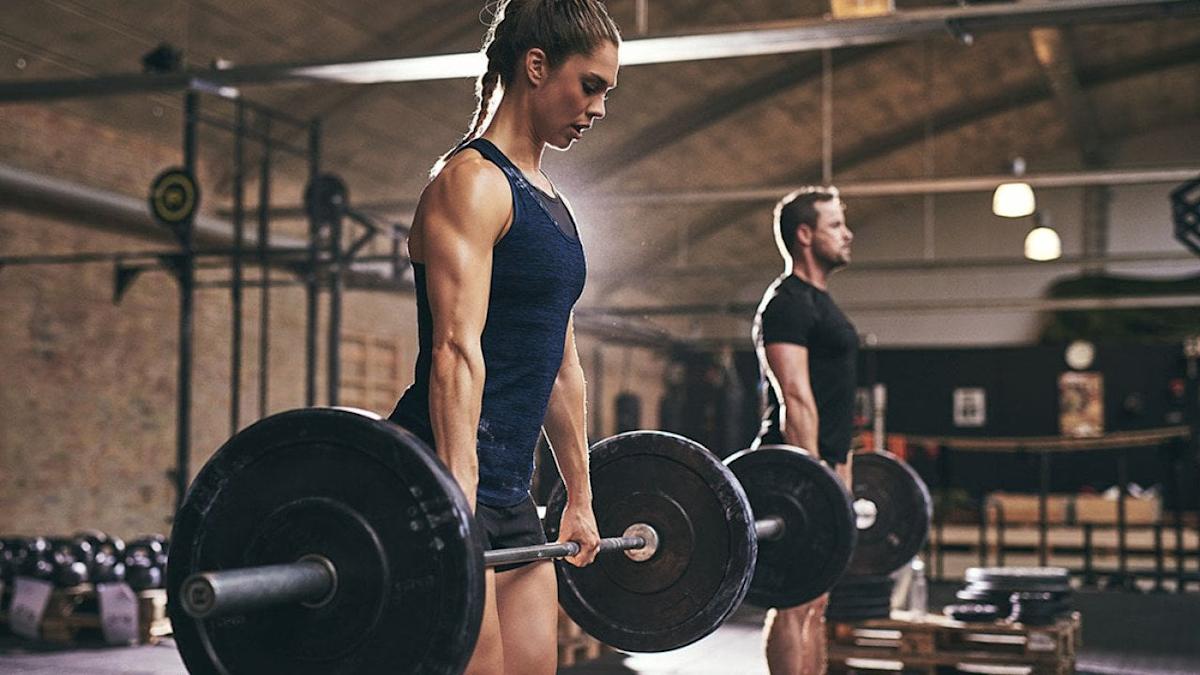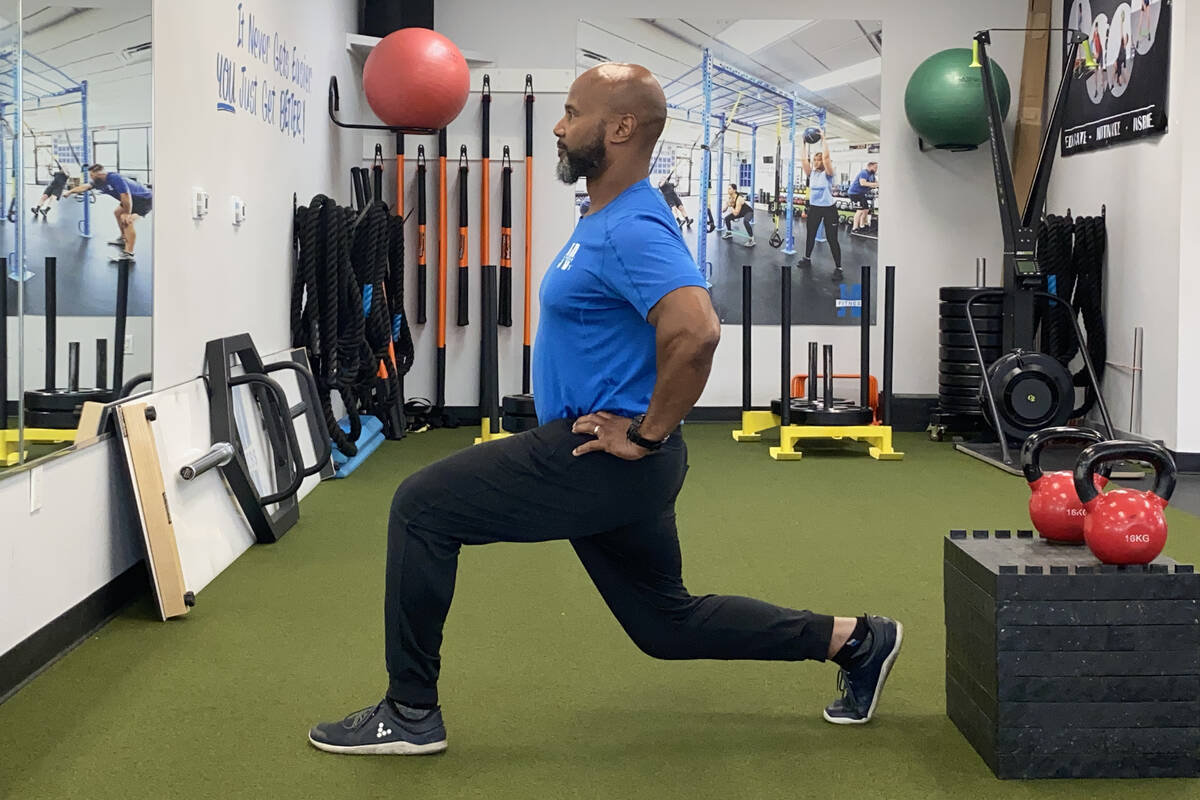Summary
Ayurvedic Wisdom for Holistic Living details how healing practices like abhyanga can help you feel grounded, less sluggish and delay ageing
Source: Mint

AI News Q&A (Free Content)
Q1: What is Abhyanga and how is it integrated into Ayurvedic practices?
A1: Abhyanga is a form of Ayurvedic therapy that involves a full-body massage using warm herb-infused oils tailored to an individual's dosha (body constitution). It is a part of Dinacharya, or daily routine, as described in ancient Ayurvedic texts like the Brhat Trayi and Laghutrayi. The practice aims to balance doshas, enhance joint health, nourish body tissues, and improve skin and hair conditions. Abhyanga can be performed as part of Panchakarma therapy or as an individual treatment to soothe dosha imbalances, ultimately promoting relaxation and a peaceful mind.
Q2: How does Ayurveda view the balance of doshas and its impact on health?
A2: In Ayurveda, health is achieved through the balance of the three elemental doshas: vata, pitta, and kapha. An imbalance among these doshas is believed to lead to illness. Ayurvedic treatments focus on restoring this balance using various therapies, including herbal medicines, diet, massage, and meditation. Dosha balance is central to Ayurvedic philosophy, as balanced doshas result in good health, while imbalanced doshas can cause disease.
Q3: What recent scientific findings support the benefits of Abhyanga?
A3: A study on Shirodhara, a procedure often preceded by Abhyanga, found that it led to significant improvements in mood, reduced stress levels, and physiological changes like lowered blood pressure and heart rate. These effects are comparable to the relaxation response seen in meditation, highlighting Abhyanga's potential benefits in stress-related conditions like anxiety and hypertension.
Q4: What are the specific health benefits of Abhyanga according to Ayurveda practitioners?
A4: Ayurveda practitioners claim that Abhyanga aids in joint health, nourishes body tissues, and balances aggravated doshas. It is said to improve skin and hair conditions, relax the mind, and reduce stress. The practice is also believed to remove toxins and promote overall well-being by opening up the body's channels and balancing the doshas.
Q5: How does the practice of Abhyanga align with modern wellness trends?
A5: Abhyanga aligns with modern wellness trends that emphasize holistic health and natural therapies. With an increasing focus on stress reduction and self-care, practices like Abhyanga offer a natural, non-invasive method to promote relaxation and balance. Its emphasis on personalized care through dosha-specific treatments resonates with the growing trend of individualized wellness solutions.
Q6: What role does Abhyanga play in the Panchakarma therapy of Ayurveda?
A6: In Panchakarma, Abhyanga is an essential component of the Purva Karma (pre-treatment) stage. It is used to prepare the body for the deeper cleansing processes that follow. By massaging the body with specific oils, Abhyanga helps to loosen toxins and impurities, making them easier to eliminate during subsequent treatments. This enhances the overall effectiveness of Panchakarma in detoxifying the body and restoring dosha balance.
Q7: What are the typical oils used in Abhyanga, and how are they chosen?
A7: The oils used in Abhyanga are typically herb-infused and chosen based on an individual's dosha type. The base oil is often sesame, but other oils like coconut or mustard may be used depending on the season and specific health needs. The choice of oil is crucial, as it must align with the individual's constitution and any dosha imbalances to maximize the therapeutic benefits of the massage.
References:
- Abhyanga: https://en.wikipedia.org/wiki/Abhyanga
- Ayurveda: https://en.wikipedia.org/wiki/Ayurveda
- Shirodhara: A psycho-physiological profile in healthy volunteers.





